For the past three years, I’ve been keeping a record of every book I read. It’s a simple idea with two main benefits:
- It encourages me to read more books (though maybe the wrong type of books, of which more in a second).
- It helps me to remember which books I’ve read, and encourages me to revisit the ideas in them.
But after two years of doing it, I realised that there was a third benefit I was missing.
- It helped me realise I wasn’t reading enough books by women.
In 2017, only 16 out of 83 books I read were by women. In 2018, it was 9 out of 40, which is a better ratio but a worse actual number. And while we’re talking about ratios, here’s another one: a vastly disproportionate number of the books I really liked were by women. Sing, Unburied Sing and every book by Shirley Jackson were intimidatingly well written, Home Fire and The Power are worldview-wrenchers that I’d recommend to anyone, and Tiny Beautiful Things is completely full of the kind of advice that most people need to hear but absolutely won’t get from the latest Provocative Title! Explanatory Subtitle nonsense from some tech-bro who’s repurposed a bunch of /r/getdiscipline posts. Oh, and Mindy Kaling’s book is so funny I was laughing at chunks of it while I tried to walk my toddler to sleep in the park, which is completely counter-productive.
So why don’t I read more books by women? There are lots of reasons I could probably cite, from recommendation algorithms letting me down to bookshops prioritising male authors to friends insisting that I read book after book by dudes (seriously, I’ve read one Jack Reacher, all right? Let it go), but if I’m honest it’s probably just good old unconscious bias, the same thing that lets political parties tell themselves that old white men must be the most competent to govern because that’s what they’re full of and tech-bros convince themselves that they were the best candidate for their jobs because they were the ones who got them. I spent two years thinking I must be reading enough books by women because I could name a bunch when prompted (availability bias), or that it wasn’t my fault if I didn’t read more because there just weren’t any books by women about things I wanted to read about (confirmation bias): but the maths is clear – I didn’t, and it was.
So I decided to read more. And five months into 2019, I realised it wasn’t working.
By that time, I’d already read Invisible Women by Caroline Criado Perez, an award-hooveringly well-researched tome on the gender data gap that causes everything from stab vests and seat belts to medical advice and tax structures to be designed with an eye on men. One innovation that Perez discusses is the UK Labour party’s adoption of All-Women Shortlists to select potential MPs, a measure that helped them field a 41% female set of candidates for parliament in 2017 (the Tories and Lib Dems, who didn’t use AWS, managed 29% each). Basically, they work: and they might be one of the best ways to address the inherent inequalities of a system that’s been front-loaded in men’s favour ever since it was set up. And so I, who had read 20 books by men and somehow – even though it felt like loads more – only 4 by women almost halfway through the year – decided to read books by women until I at least hit a 50:50 ratio.
Then I had a shitty three months and barely read a book (I’m not writing about this here). And so I hit September needing to get through a book a week. No male authors allowed.
Reader, it was a good four months.
First things first, though. Early in the year I absolutely inhaled Tara Westover’s Educated, a memoir full of honesty and insight, imposter syndrome and advice you’ll hopefully never need (“When you chop a chicken’s head off, you shouldn’t smile because you might get blood and feathers in your mouth.”) that I’d recommend to absolutely anyone.
I also bashed through Hanna Jameson’s The Last and Oyinkan Braithwaite’s My Sister The Serial Killer, both perfectly formed little thrillers that couldn’t be more different from each other. And while we’re talking about speed-reading, I time-warped my way through Sandra Newman’s The Heavens in about six straight hours during a stay in hospital: it’s a perfectly-formed love story full of beautiful bits of phrasing that I’m certainly not going to spoil here.
Back on the non-fiction, Stasiland is a trip behind the Cold War curtain that feels as if it could have only been written by a female author – the sort of confidences Anna Funder teased out of her interviewees might have been impossible for anyone else to unearth, and her own perspective’s undeniably shaped by the sort of unease around men that, unfortunately, only women have to feel. Emma Smith’s This Is Shakespeare was also fantastic, with (among loads of other clever facts you’ll want to toss in next time you watch Baz Luhrman’s Romeo + Juliet) some interesting observations on how gender worked in an era where every actor was male.
Amanda Palmer’s The Art Of Asking felt exactly like a feature-length, director’s-commentary-on version of her TED talk – whether you think that’s a good or bad thing is really on you – but the the central insight, that you shouldn’t be afraid to ask for stuff, is solid, and marred only by a Twitter meltdown earlier this year that made it feel like the sequel should be called The Art of Demanding. Meanwhile, the only really bad book I bothered to finish this year was Emma Gannon’s The Multi-Hyphen Method, which felt an awful lot like a blogpost stretched into a bubblegum-thin couple of hundred pages – with endless Ctrl+Ved studies to pad it out – and didn’t even have much actionable advice to back it up.
Back on the fiction, The Natural Way of Things was a horrid but weirdly uplifting read, and had the distinction of being the best dystopian novel set in Australia I read this year until the last two thirds of Terra Nullius came along to blast it straight out of the billabong. The Need, meanwhile, managed to be a frantic page-turner that stayed with me for months AND include some of the best descriptions of trying to look after small children since Sing Unburied Sing, combining the desperate scramble of keeping under-tens happy, fed, and safe with…well, all the other stuff the book is about (side note: between Helen Philips’ description of children as a digestive tract to look after and The Power’s observation that, at some point, you’re responsible for the upkeep of every crevice of your child, you’ve got the perfect description of keeping a tiny human). I didn’t much care about Jamrach’s Menagerie except for the fact that it was partly based on the true story of a tiger amok in East London.
It’s been an awful year for lots of reasons, and Angela Nagle’s Kill All Normies didn’t make me any happier about it, though it did do an excellent job of teasing apart at least some of the mess we’re in (including a bit on the woke left’s constant determination to tear itself to shreds, which felt especially relevant in the second half of the year). Similarly, Isabel Hardman’s Why We Get The Wrong Politicians was almost too depressing to read after a year when a bunch of incompetents, racists and profiteers spectacularly failed to deliver anything except empty promises and a powerful sense of dread. Oh, and I don’t know whether I can count The Secret Barrister’s terrifying dissection of the recent dismantling of the UK legal system as a female-authored book (because her identity’s a secret, duh), but you should read it anyway.
Anyway. All the best stuff I read this year was biographical, and so Furious Hours very nearly scooped the top honours, smartly weaving together three disparate stories (a murder, the subsequent trial, and a biography of Harper Lee) into one insanely readable narrative. Close behind was Sue Prideaux’s I Am Dynamite, a surprisingly touching take on the life of Friedrich Nietzche that introduced me to the fascinating Cosima Wagner, whose expertise in shade-throwing makes me want to read an entire book about her (one favourite: when Nietzche announced his intention to join the Prussian military, her response was to suggest that sending them a box of cigars might be more useful). But the actual best book of the year was Hallie Rubenhold’s The Five, a determinedly well-researched and fantastically well written reexamination of the five women murdered by Jack the Ripper. A fascinating, quite often horrifying snapshot of a London that stacked everything against women and the poor (and so poor women most of all), it ends on a ferocious conclusion reminding the reader that some of the worst Victorian attitudes still fester today. Read it soon.
I saw out the year with The Water Cure which one of my friends (correctly) described as ‘more of a mood than a novel’ and I Am Lucy Barton, a nice reminder (harking back to Educated) that relationships are usually more complicated than ‘This person is good/bad’. Oh, and I also read a bunch of books by men, full list below. What did I learn? Well, apart from a bunch of stuff about Othello, 8Chan and 19th century Sweden’s horrifying misogyny, this year’s reading reminded me that sometimes deliberately restricting your choices is actually the only way to expand them. Oh, and that I should probably keep the 50:50 ratio going, which should be a lot easier since the stuff I’ve already read has me hankering for more. If you, dear reader, have any book suggestions, please leave them in the comments. And Live Hard!
The Full List
This Is Shakespeare – Emma Smith
Tyrant: Shakespeare on Power – Stephen Greenblatt
The Story of Art – E.H. Gombrich
The Marshmallow Test – Walter Mischel
Chernobyl – Serhii Plokhy
Leonardo DaVinci – Walter Isaacson
The Science Of Storytelling – Will Storr
Invisible Women – Caroline Criado Perez
Educated – Tara Westover
10 The Last – Hanna Jameson
My Sister The Serial Killer – Oyinkan Braithwaite
The Multi-Hyphen Method – Emma Gannon
Chickenhawk – Robert Mason
Bad Blood – John Carreyou
The Shadow of the Sun – Ryszard Kapuscinki
Anna Funder – Stasiland
The People Of The Abyss – Jack London
Killing Floor – Lee Child
Blitzed – Norman Ohler
The Crack-Up – Budd Schulberg
My War Gone By, I Miss It So – Anthony Lloyd
Jamrach’s Menagerie – Carol Birch
Every Tool’s A Hammer – Adam Savage
Playing To The Gallery – Grayson Perry
Ways Of Seeing – John Berger
What Are You Looking At? – Will Gomperz
Michaelangelo & The Pope’s Ceiling – Ross King
Left Of Bang – Jason A. Riley
The Natural Way Of Things – Charlotte Wood
The Secret Barrister
The Need – Helen Phillips
Furious Hours- Casey Cep
The Art of Asking – Amanda Palmer
Kill All Normies – Angela Nagle
The Heavens – Sandra Newman
Furious Hours – Casey Cep
Terra Nullius – Claire G. Coleman
I Am Lucy Barton – Elizabeth Strout
Why We Get The Wrong Politicians – Isabel Hardman
The Water Cure – Sophie Mackintosh
The Five – Hallie Rubenhold
I Am Dynamite – Sue Prideaux
Homework: Read a book by a woman. Then read another one.

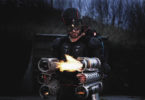
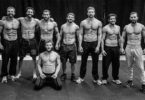
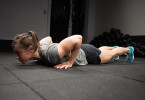
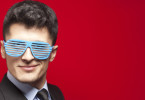
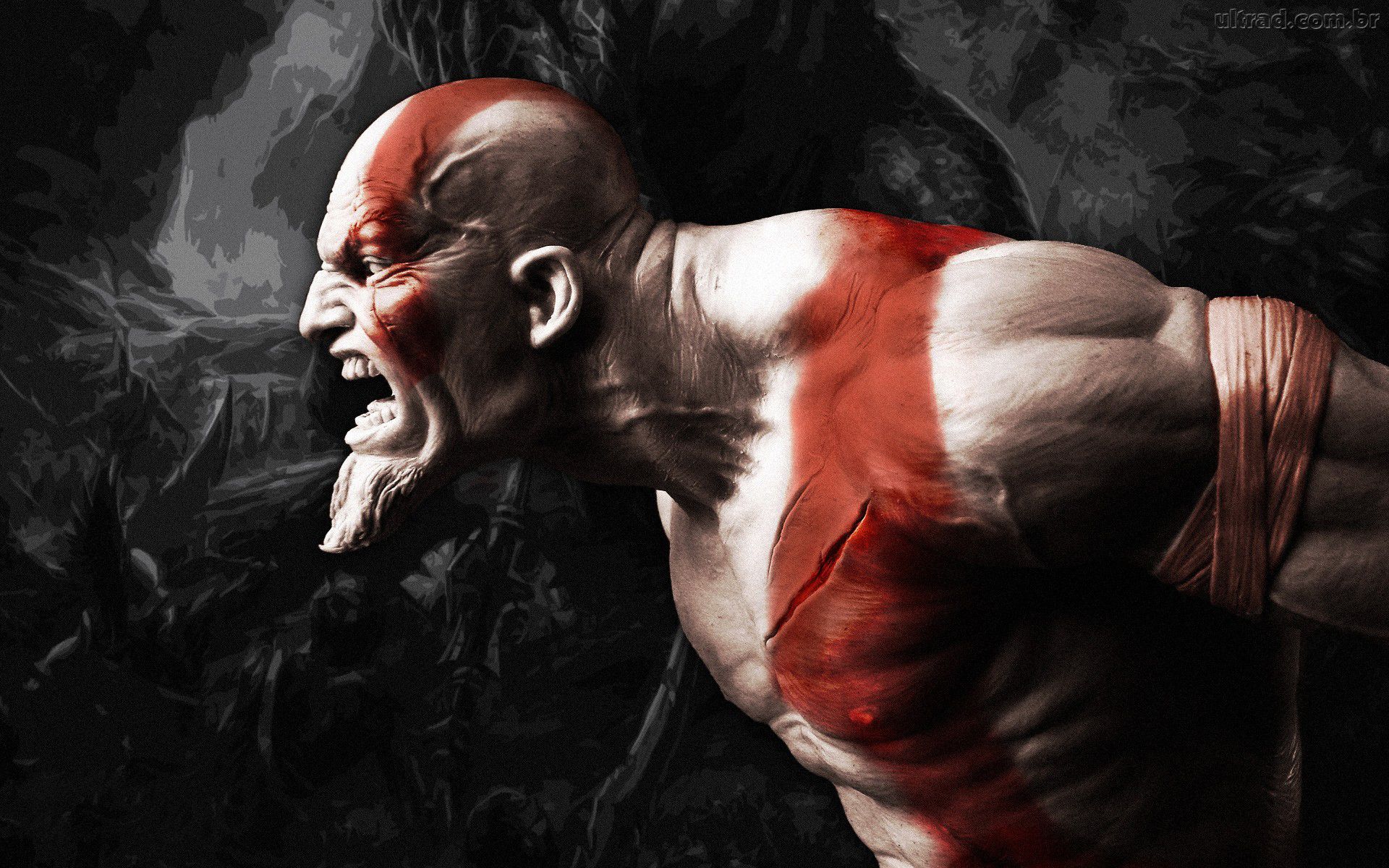
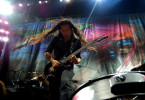
Leave a Comment